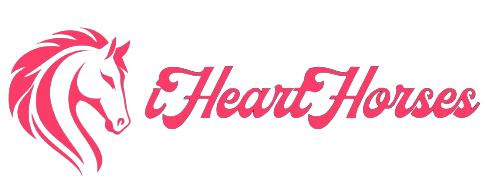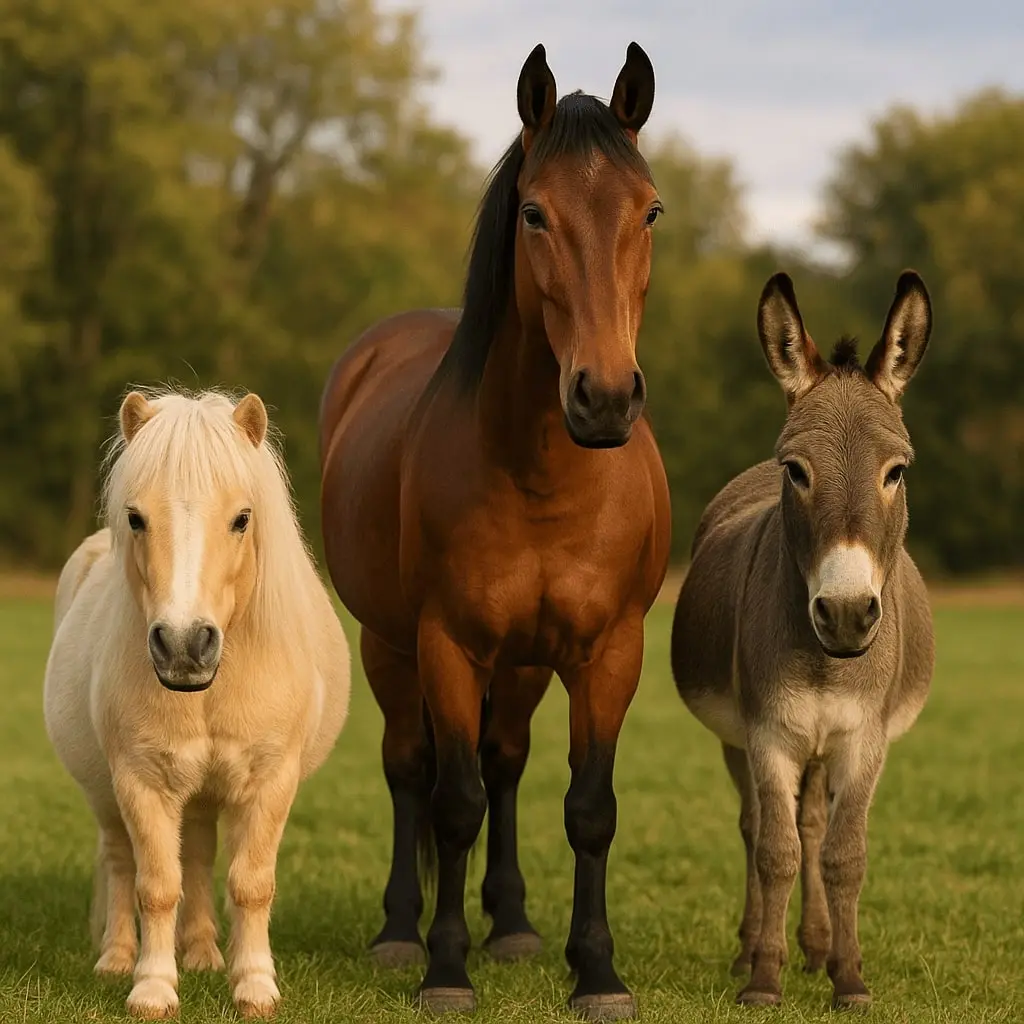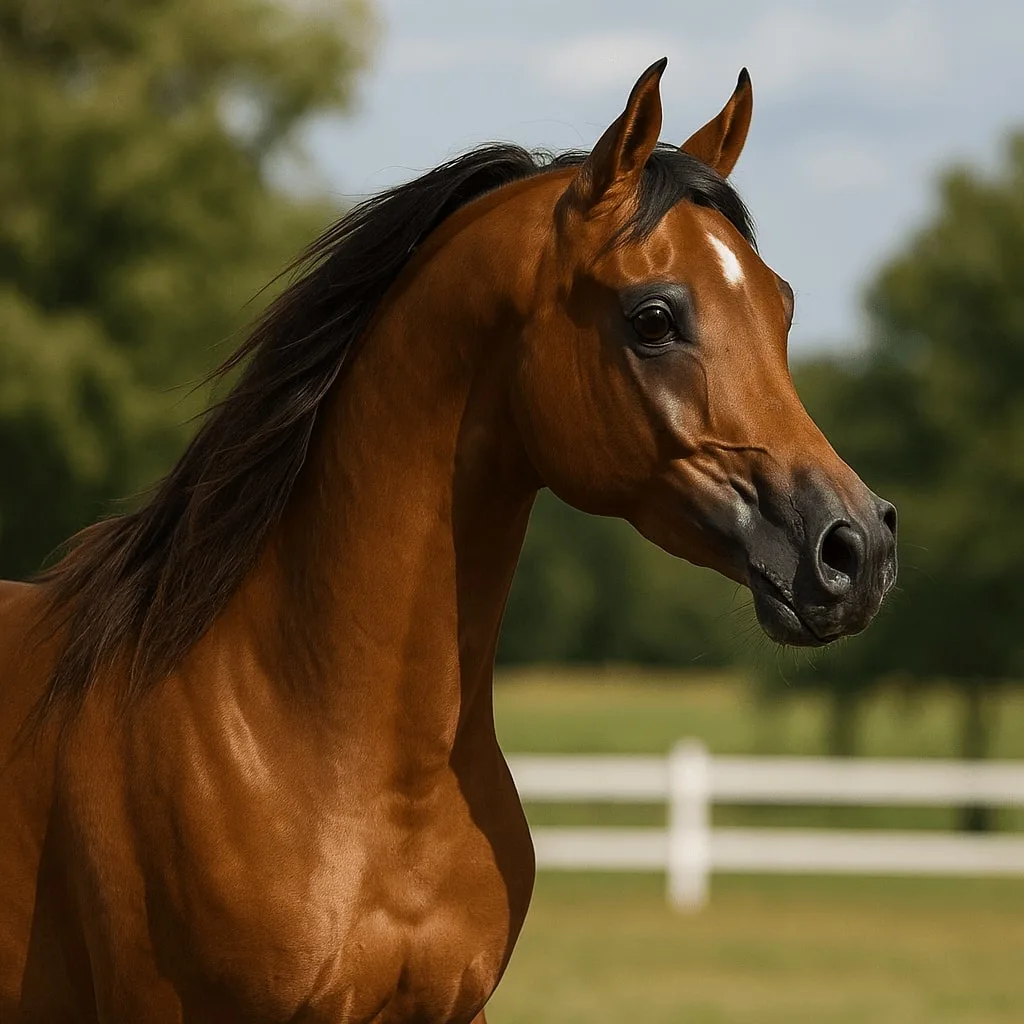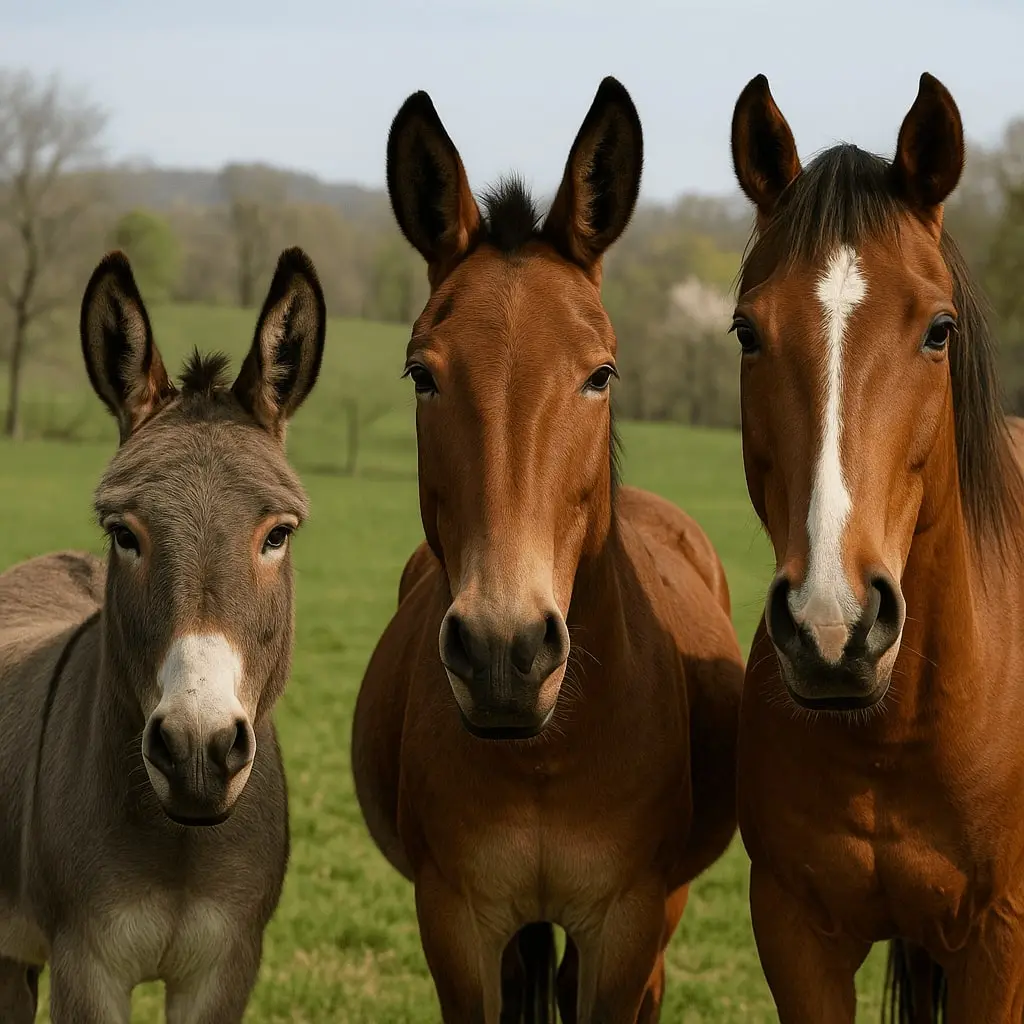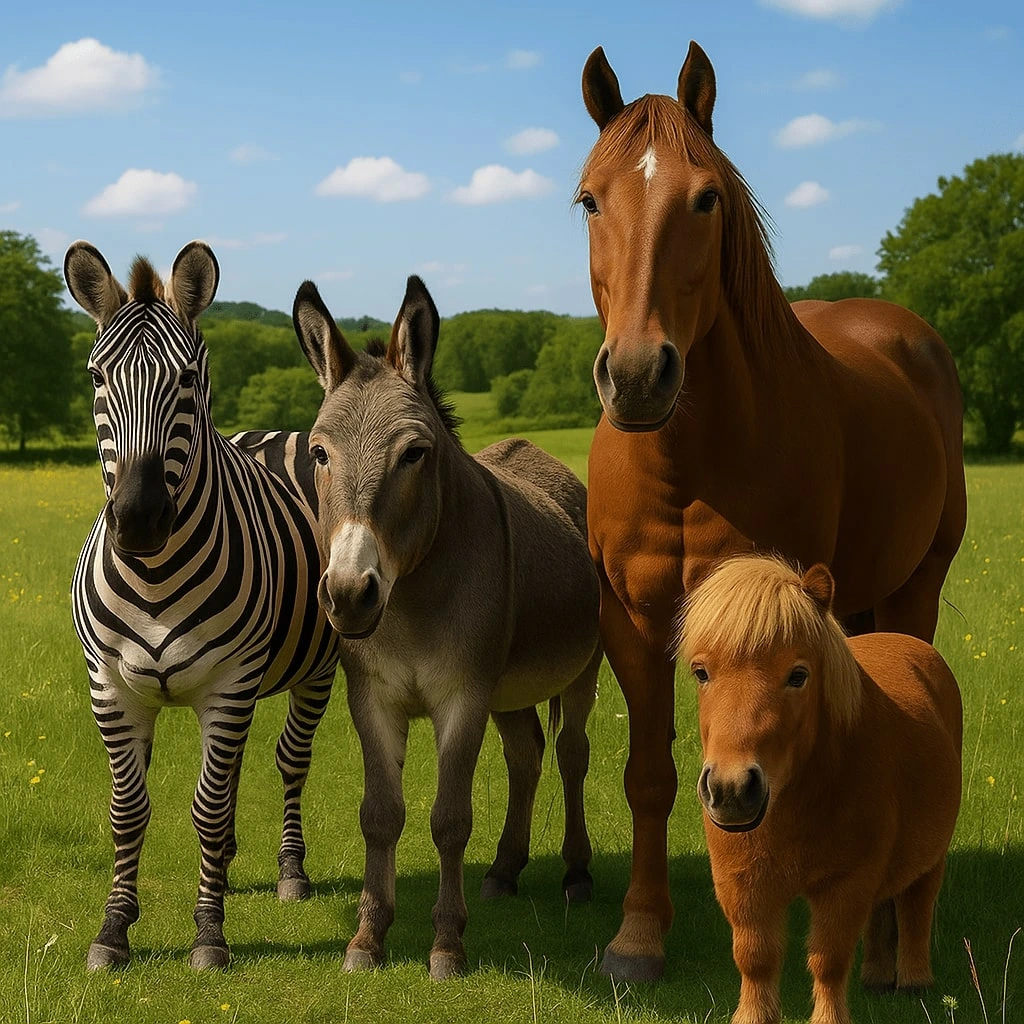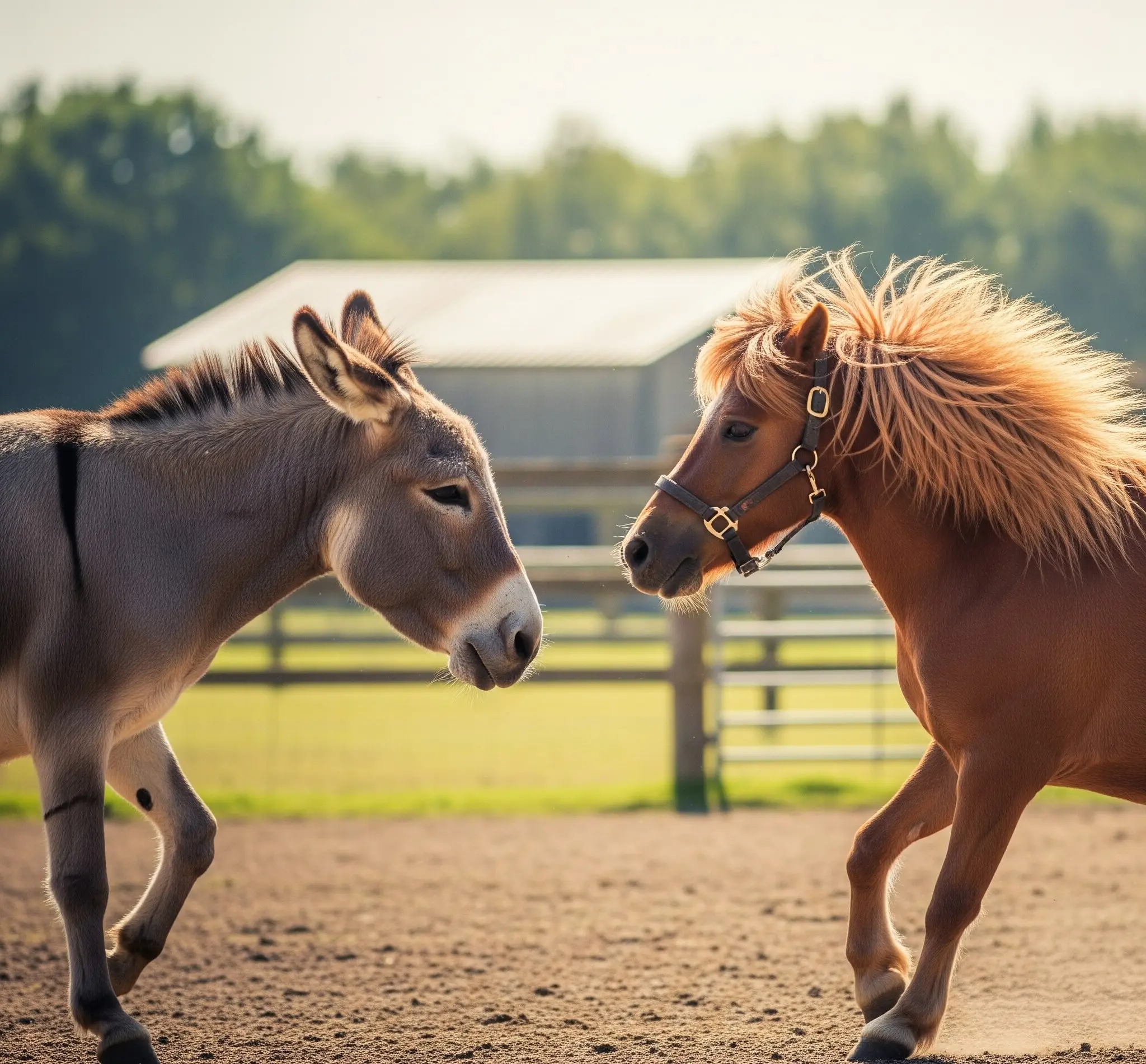When it comes to equines, the terms pony, horse, and donkey are often used interchangeably. However, each has distinct characteristics, histories, and roles in human society. Whether you’re a potential pet owner, an equine enthusiast, or simply curious, understanding these differences in pony vs horse vs donkey can help you make informed decisions about which animal best suits your needs.
Pony vs Horse vs Donkey – Explained In 6 Sections
At first glance, if you go pony vs horse vs donkey might seem like just different-sized equines, but each possesses unique traits that set them apart. Whether you’re considering one as a companion animal, a working partner, or simply curious, understanding their differences is essential.
In this comprehensive guide, we’ll delve into six key aspects that distinguish these fascinating creatures:
- Defining the Equine Species: Explore the size, build, and unique features that define each species.
- Comparative Analysis: A side-by-side comparison highlighting the physical and behavioral differences.
- Behavior and Intelligence: Understand their personalities, intelligence, and how they interact with humans and other animals.
- Uses and Applications: Learn about their roles in various human activities and industries.
- Evolution and Origins: Discover their historical roots and how they’ve evolved over time.
- Summary and Recommendations: Summarize the key differences and provide guidance on choosing the right equine for your needs.
By the end of this guide, you’ll have a clearer understanding of what makes each of these animals special and how to choose the best fit for your circumstances.
Section 1: Defining the Equine Species
Pony
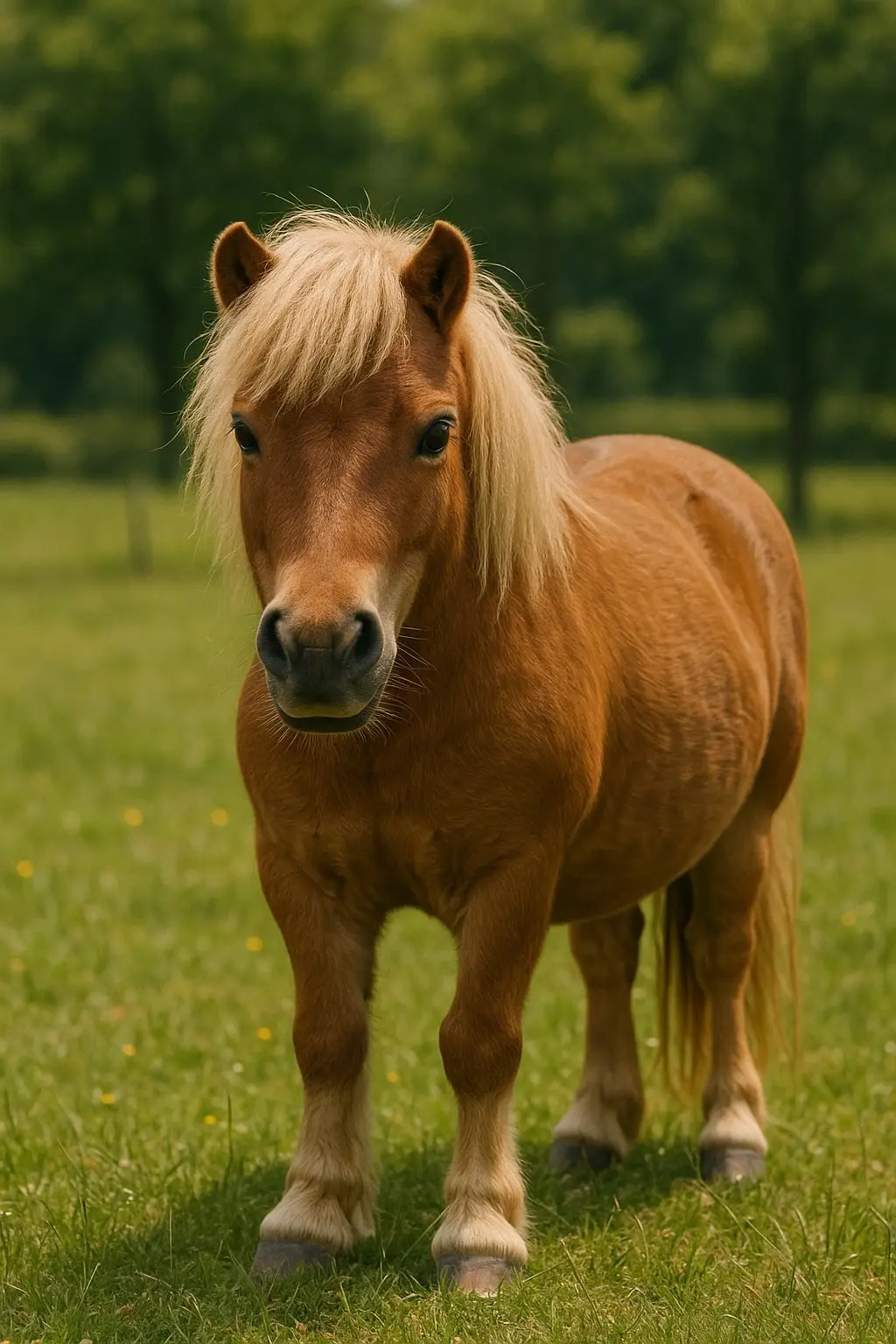
- Definition: A pony is a type of small horse, typically measuring under 14.2 hands (58 inches) at the withers.
- Physical Characteristics: Ponies have a stocky build, shorter legs, thicker manes and tails, and a dense coat.
- Temperament: Generally intelligent, strong-willed, and sometimes perceived as stubborn.
Horse
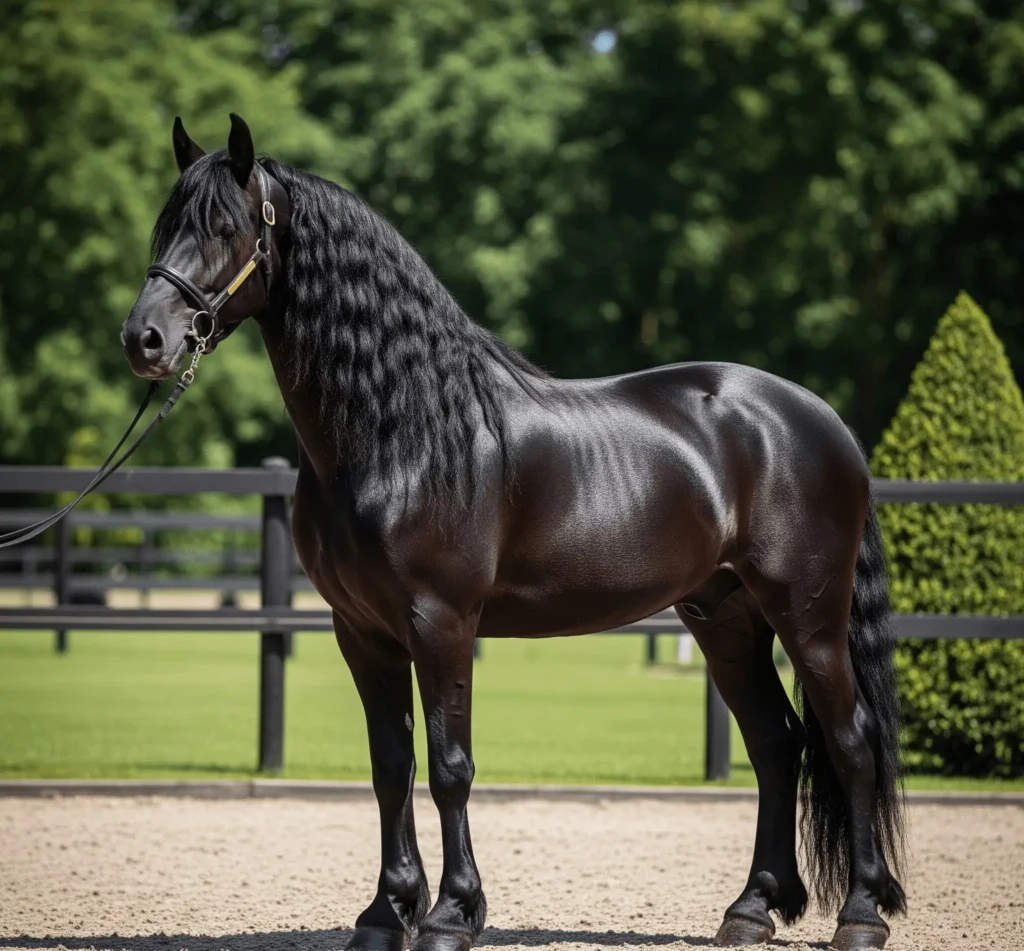
- Definition: A horse is a domesticated equine, typically measuring over 14.2 hands at the withers.
- Physical Characteristics: Horses have a refined build, longer legs, and a variety of coat colors and patterns.
- Temperament: Known for their grace, speed, and versatility in various disciplines.
Donkey
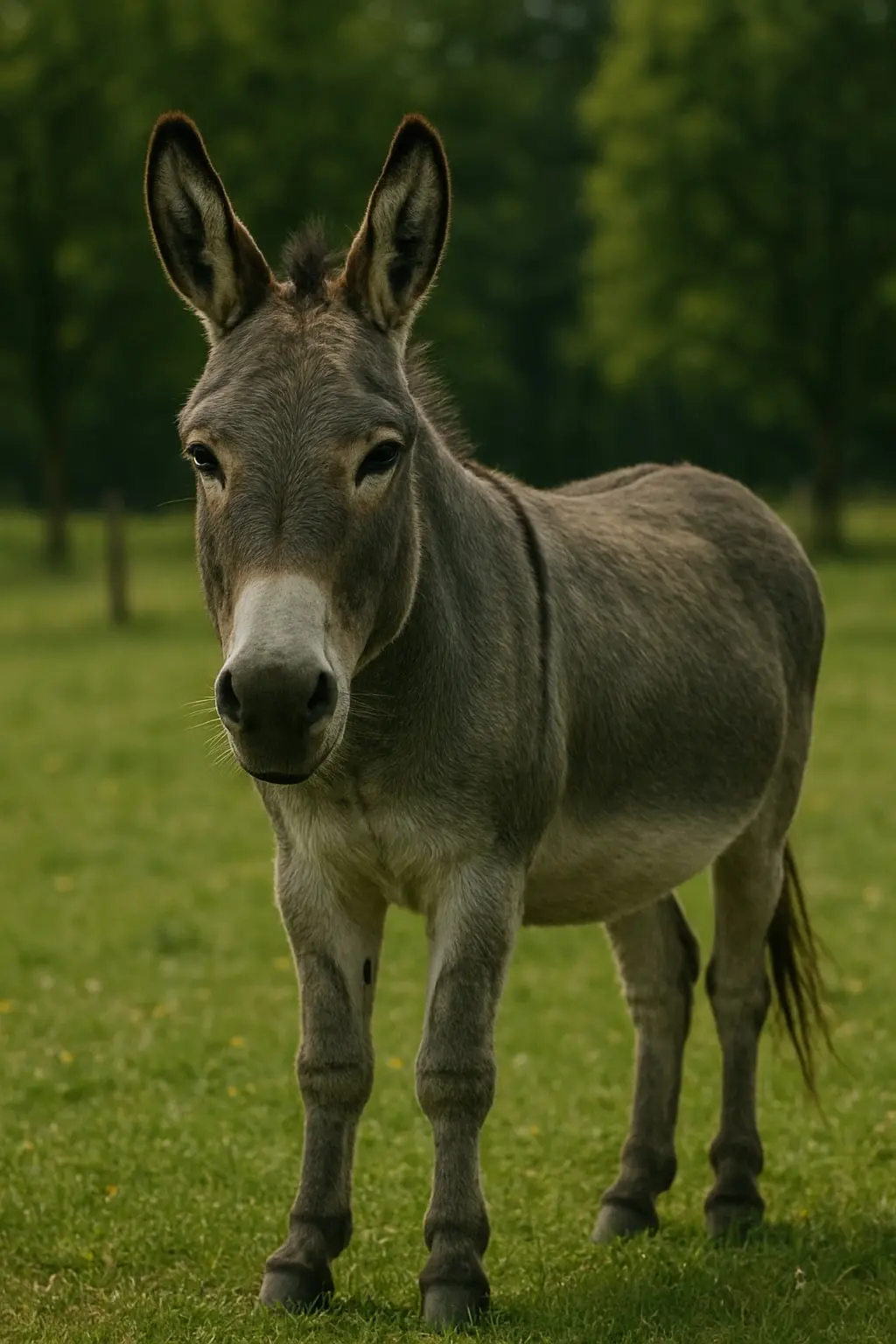
- Definition: A donkey is a domesticated equine, smaller than a horse but larger than a pony.
- Physical Characteristics: Donkeys have long ears, a short mane, and a lean build.
- Temperament: Often described as cautious, intelligent, and independent.
Section 2: Comparative Analysis
| Feature | Pony | Horse | Donkey |
| Height | Under 14.2 hands | Over 14.2 hands | Varies; typically under 14.2 hands |
| Build | Stocky, compact | Refined, athletic | Lean, sturdy |
| Coat | Thick, dense | Varies; can be thin | Short, bristly |
| Ears | Medium length | Short | Long |
| Temperament | Intelligent, strong-willed | Graceful, versatile | Cautious, independent |
Section 3: Behavior and Intelligence
- Ponies: Ponies are known for their intelligence and can be trained for various tasks. However, their strong-willed nature may require experienced handlers.
- Horses: Horses are highly trainable and excel in various disciplines, including racing, dressage, and jumping. Their social nature makes them responsive to training.
- Donkeys: Donkeys are often perceived as stubborn, but this behavior is actually a sign of their cautious nature. They assess situations before acting, making them reliable in challenging terrains.
Section 4: Uses and Applications
- Ponies: Ideal for children and small adults, ponies are commonly used in riding schools, therapy programs, and light draft work.
- Horses: Horses are versatile animals used in various sports, agriculture, transportation, and as companions.
- Donkeys: Donkeys are primarily used as pack animals, for transportation in rugged terrains, and as companions to other livestock.
Section 5: Evolution and Origins
- Ponies: Originated in harsh climates, ponies developed their stocky build and thick coats to withstand cold temperatures.
- Horses: Domesticated around 5,000 years ago, horses have been bred for speed, strength, and endurance.
- Donkeys: Domesticated from the African wild ass, donkeys have been used as working animals for thousands of years.
Section 6: Summary and Recommendations
| Animal | Best Suited For |
| Pony | Children, beginners, light draft work |
| Horse | Experienced riders, various disciplines |
| Donkey | Pack work, companionship, rugged terrains |
Choosing the Right Equine
- For Children and Beginners: Ponies are ideal due to their manageable size and gentle nature.
- For Experienced Riders: Horses offer versatility and are suitable for various equestrian disciplines.
- For Working in Rugged Terrains: Donkeys are sturdy and sure-footed, making them excellent choices for pack work.
Pony vs Horse vs Donkey – In A Nutshell
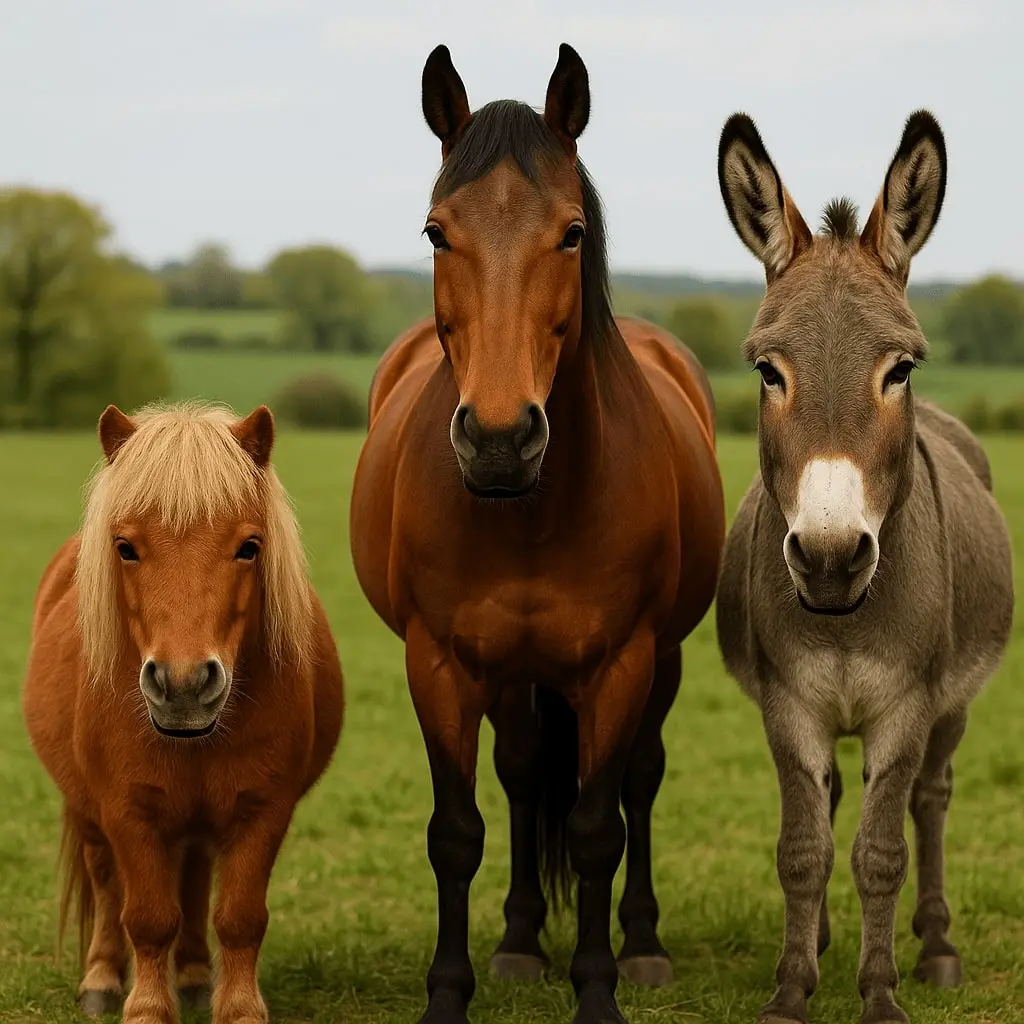
Understanding the differences between ponies, horses, and donkeys is essential for making informed decisions about which animal best suits your needs. Each has unique characteristics, behaviors, and roles in human society. By considering these factors, you can choose the right equine companion for your lifestyle and requirements.
